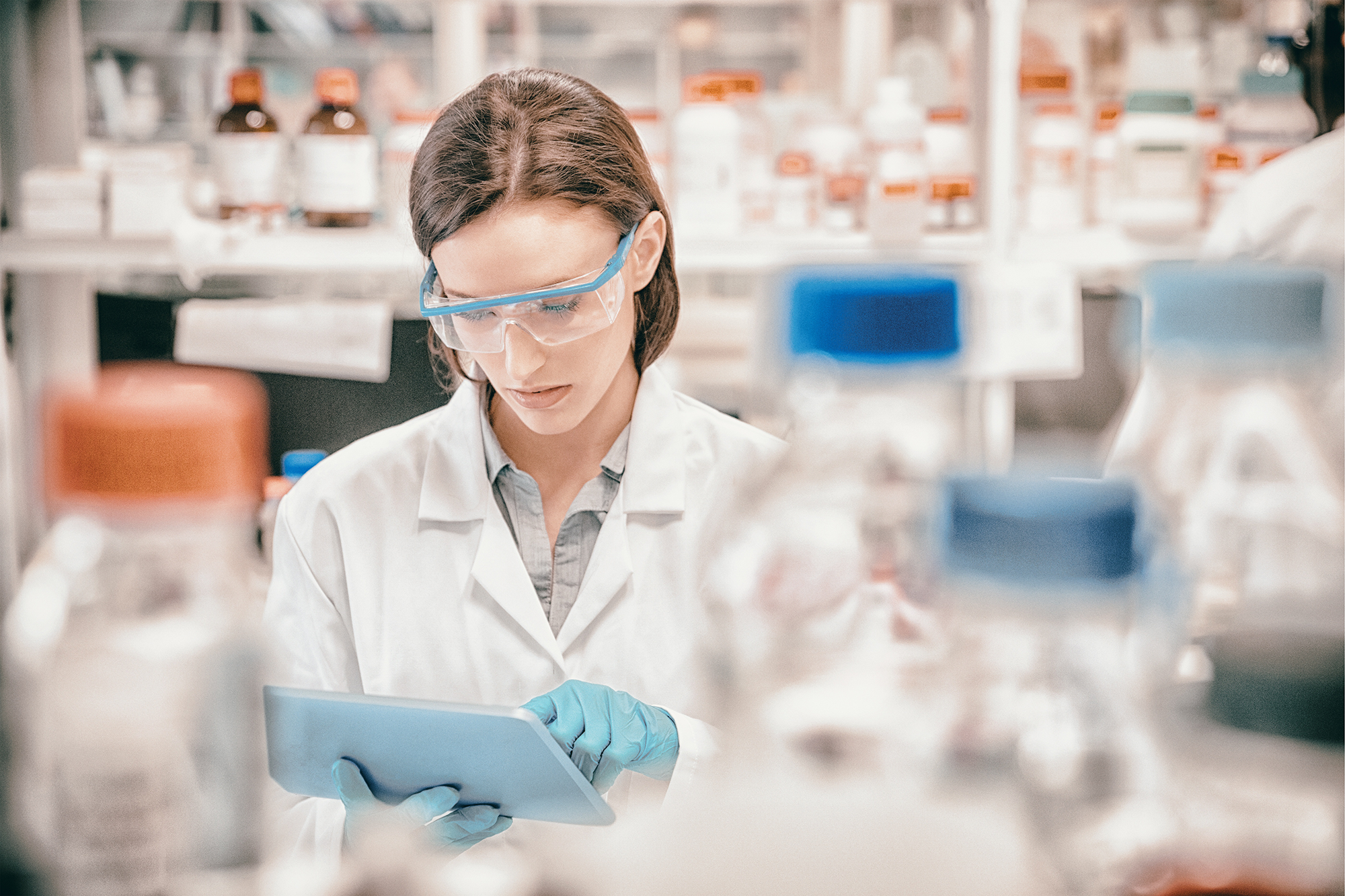Doctors Can Now Predict the Severity of Your Disease by Measuring Molecules

Remember newtons, the unit of force that you probably haven’t thought about since physics class? Well, a team of researchers has identified an innovative way to diagnose diseases and predict severity of those diseases by measuring the interaction forces of molecules within cells. Of course, our cells don’t exert forces as large as one newton, so the research team measures the forces in piconewtons, one trillionth of one newton.
Gene mutations that cause disease physically alter the way molecules interact and change the force at which they interact. Until now, there has been no simple way to measure the small changes in interaction force, but Dr. Julius Zhu, of the University of Virginia School of Medicine, and his team were able to develop a method to measure these changes accurately.
The piconewton unit was needed to quantify the changes precisely in force between molecules. Dr. Zhu and his collaborators determined gene mutations that are responsible for mental-health diseases change molecular interactions by a few piconewtons. While these changes are small, the effect that they have on the body and, ultimately, cognitive ability are extraordinary.
Measuring the interaction forces of molecules with gene mutations presents a way to improve our ability to diagnose mental illness and predict the resulting cognitive impairment. Zhu and his team believe that this new technique will help with the diagnosis of a range of diseases, including Alzheimer’s, autism, cancer, and more.
It’s hard to imagine that something so small could entirely change a person’s behavior and well-being. This new kind of testing provides us with a glimpse into the future of medical research and how we will diagnose and treat those with a variety of diseases. However, with the constant advancements in science and technology, one day we may be able to measure something even more exactly than a piconewton of force within the human body.


